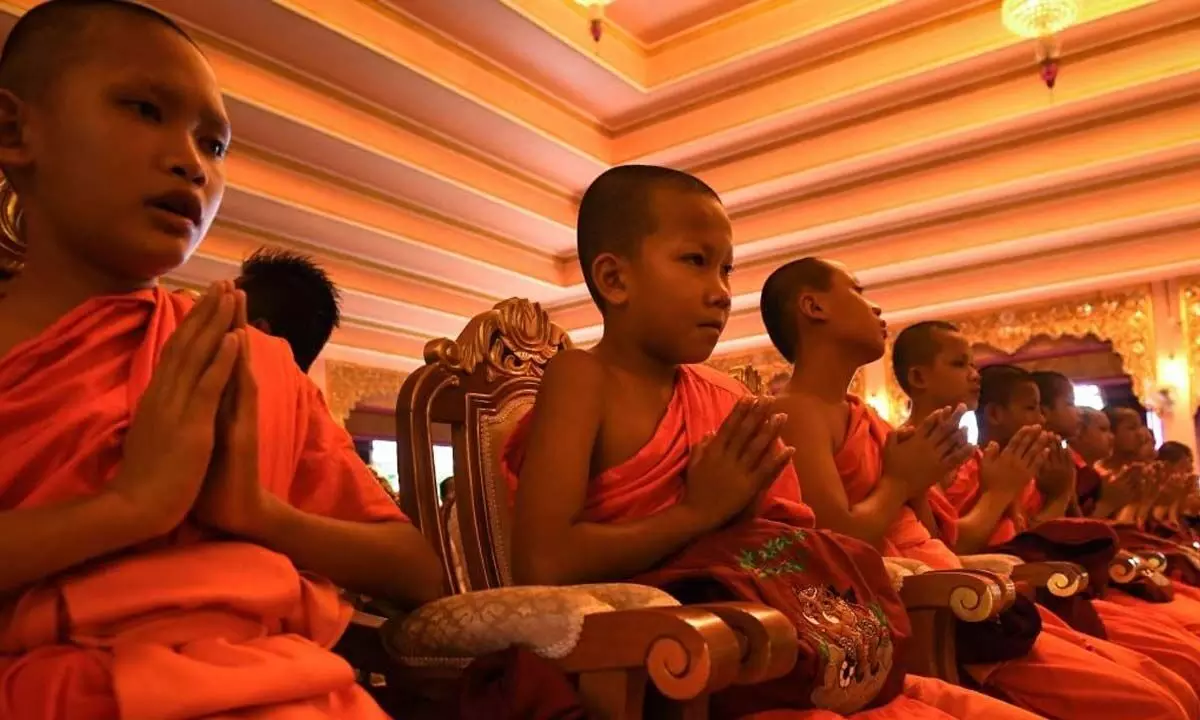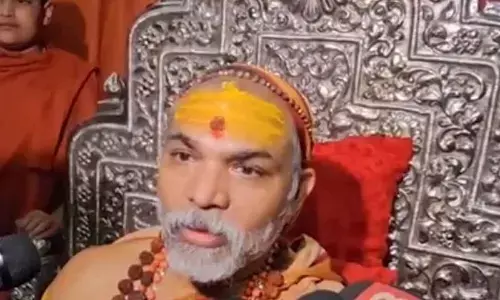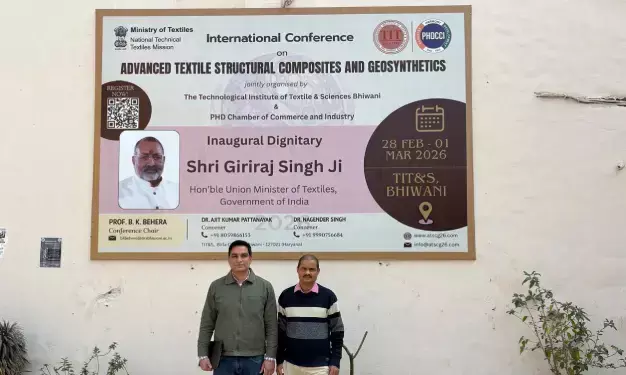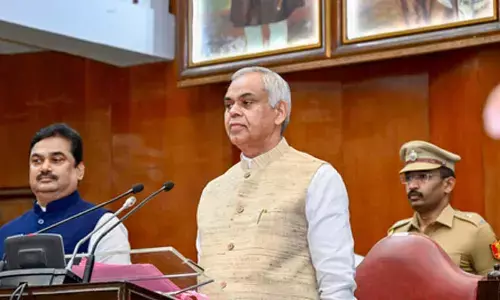Is Vedanta About God?

Is Vedanta About God?
Vedanta examines and debates the following questions.
Vedanta examines and debates the following questions. What is the cause of the universe? Is there any intelligent cause like a potter in the case of a pot? What is the relation between living beings and the universe? What is the nature of the mind? What are the limitations of the mind in knowing the world around us? What are the limitations of the mind in investigating the cause of the universe? What is consciousness? Is consciousness a product of the mind or is it independent? What is the relationship between consciousness and the mind? Is consciousness primary, or is mind/matter primary, or do both independently exist? How has the body-mind-complex of humans evolved? How did other living beings evolve? Is the plant kingdom primary in creation or is the animal kingdom primary? Is there any process of evolution?
Are these not questions seriously debated in science? We know that these are the subjects coming under sciences like physics, space science, biology, psychology, epistemology, ontology, and modern philosophy. Our monks have been discussing these things in terminology as complicated as in modern sciences. Elaborate systems of logic were developed by different schools. There has been no finality about the answers. This absence of finality led to emergence of different schools of philosophy in Indian thought. The Indian schools of philosophy are called darsanas (darsana means vision) which discuss the Reality behind man and nature and what their interrelationship is. Every school has freedom to investigate and differ. There is no enforcement of one version on all others. Their debates and conclusions are comparable to the thought experiments of the present-day scientists, whose findings are more as a result of a thought process and not necessarily the result of experiments in a laboratory.
Unfortunately, the presence of monks, their ochre robes, the venerable ambience, and the method of presentation have deluded us to think that Vedanta is something esoteric, unconnected with reasoning and science. We remain aloof from that dreaded science and feel comfortable with the stories from mythologies.
However, some of the modern monks, Indian and western, are teaching Vedanta to modern students in modern institutions in India and abroad. It is dawning on us that Vedanta does not postulate a selfish God sitting in high heaven with his lieutenants and controlling the lesser mortals, giving boons to those who pray and punishing those who do not pray. It is about the highest reality and its relationship with the human being. The debates are highly contemporary. Science too is grappling with the issue of whether consciousness is primary, or matter is primary. It is not yet known how intelligence/consciousness crept into matter. No wonder that many physicists are admirers of Indian philosophy.
However, there is a reason why Vedanta is taught by our monks/swamis. We will see why it is so in one of the forthcoming byte-articles.
(Writer is former DGP,
Andhra Pradesh)




